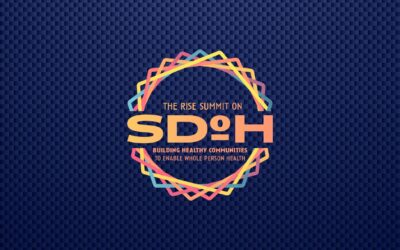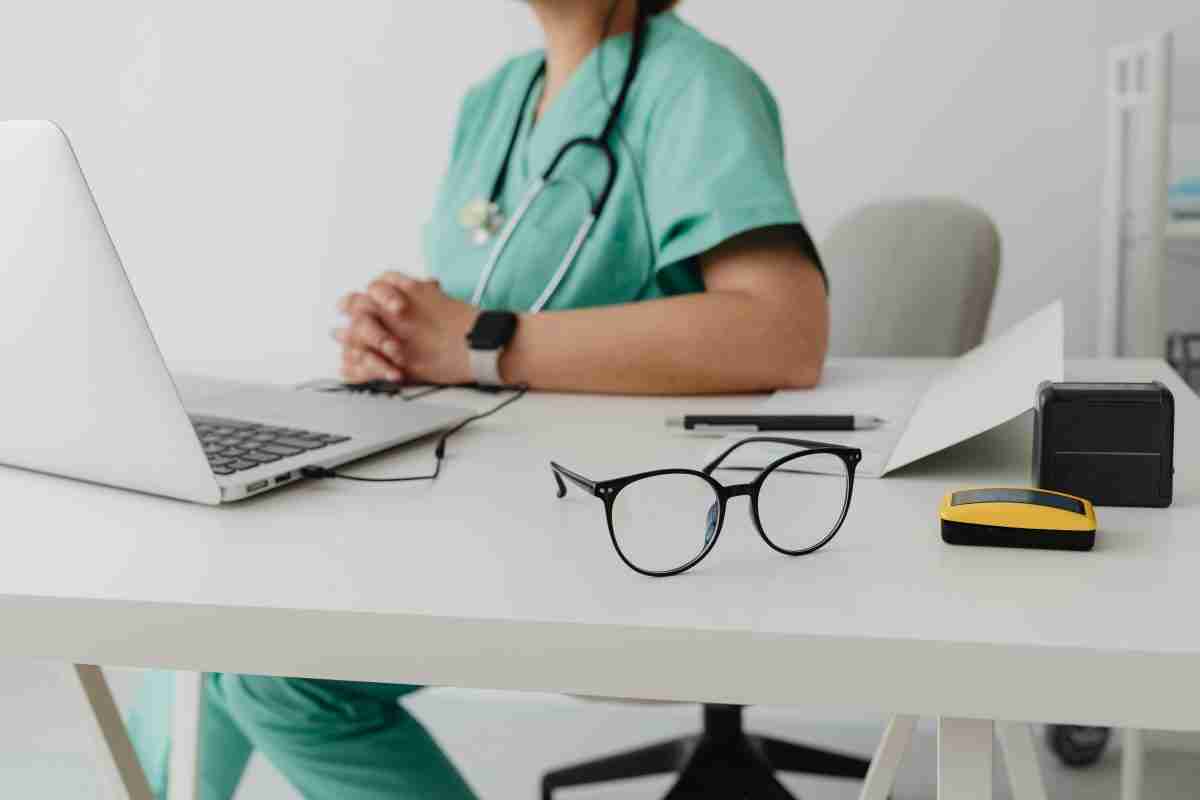Terrence Ryan believes accessing personal health data should be as easy as accessing your credit score.
As published in WisconsinInno: https://www.americaninno.com/wisconsin/tech-news-wisconsin/healthcare-startup-healthchampion-opens-milwaukee-office/, for anyone who has struggled to obtain their healthcare records from various physicians, specialists, hospitals and insurance companies, it sounds like a lofty proposition. But for Ryan, the skepticism is just further proof of how much consumers have grown accustomed to a broken system — and now, he’s ready to flip the model.
The serial entrepreneur is the CEO behind Calcium, a Chicago-based app that allows users to gather health data from all of their providers into one centralized and secure location, giving users back their ownership over personal medical records.
The startup officially opened a Milwaukee office last month, where it employs 20 people. Calcium has raised more than $3 million in seed funding, and said it expects to double its workforce in 2019.
“Calcium is a platform that is trying to empower people-driven healthcare,” says Ryan, adding that the current healthcare system, while well intentioned, often places business, efficiency and profits ahead of patients or transparency. “We all have stories of how we’re not in control of our own healthcare, and how difficult it is to manage. Through information and technology, we make you in charge of your health.”
Empowering personal health decisions also holds personal meaning for Ryan. Before launching Calcium, he says he experienced his own frustrations within the complex healthcare system. After receiving an MRI in 2017, Ryan struggled to find out whether his test results had been received and read by his physician. When he expressed his concerns at the doctor’s office, he was waved off by an administrator.
Unlike most patients who would go home and grumble, Ryan decided to embark on a three-month experiment to gain a better understanding of the travails of healthcare consumers instead; he dropped his family from an employer-based insurance plan and became a cash-paying consumer to see what unfolded. It wasn’t pleasant.
“I had made every effort to be more personally accountable about my healthcare costs and options and repeatedly found the system in its current state makes that nearly impossible,” he wrote of the experience on his website.
It was a dramatic exercise to be sure, but the experience was eye-opening enough to serve as the impetus for his new business.
“In today’s world, you are subservient to everybody else who thinks they know your health better than they do,” explained Ryan. “Can we give ourselves enough information to make a better healthcare decision? [With Calcium] we can look at everything from how to get healthier, to whom you get your healthcare from, to whom you share your healthcare data with.”
In addition to putting people back in charge of their health data, Ryan says Calcium will give users the opportunity to leverage the data to manage their health outcomes. Each user will be assigned a health score — similar to a FICO number — with actionable insights to improve their health. All of the information is presented in an easy-to-understand dashboard.
Consumers won’t have to worry about inputting their records into the app, either. Calcium collects the data on behalf of its users. And while children may have 100 percent of their records stored in an Electronic Health Records (EHR) system already, Ryan says most adult records are only partially digitized. That can make accessing the records a bit tricky — which makes its service more valuable to consumers.
“A doctor has a tenth of your health data,” Ryan says. “It’s our job to go to these folks, but how they are set up … they don’t always make it easy for us to do what we’re doing. We’re either going to go through them, or around them.”
For now, Ryan is focused on building a platform that goes beyond data collection by combining technology, artificial intelligence and predictive analytics, with the ultimate goal of driving precision medicine.
In the future, Ryan says the Calcium app could allow a rural patient to have a telemedicine consult with a doctor, or facilitate medical payments, all through a smartphone.
“We’re reshaping our healthcare ecosystem,” Ryan said. “We go and do the hard work, and over time we will be able to bring in more and more data. You don’t have to be a proactively healthy person to enjoy what the app is going to do, but you’ll be impressed when you can bring all that data together.”


















